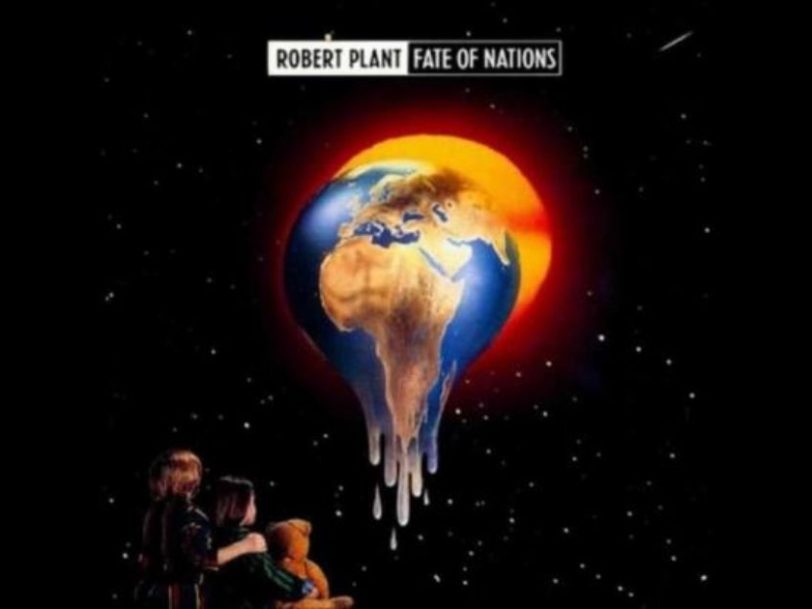Robert Plant has described his 1993 album, Fate Of Nations, as “a turning point” in his career, and it’s not hard to hear why. Confident, soulful and dynamic, the ex-Led Zeppelin frontman’s sixth solo record is a powerful, filler-free release which includes some of his most consummate vocal performances and remains right up there with the best of his work.
Listen to ‘Fate Of Nations’ here.
In retrospect, Plant would be the first to admit it took him a while to realise music of such depth and assurance following Led Zeppelin’s demise. His initial solo titles such as The Principle Of Moments and Shaken ’n’ Stirred flirted with quirky new wave pop and took care to tread a wholly different path from what had come before, though by the time of 1988’s Now And Zen and 1990’s gleefully heavy Manic Nirvana, Plant had clearly begun to make peace with his distinguished past.
“I was going back to turning-point artists in rock”
However, while Manic Nirvana in particular provided panacea for long-term fans who associated their hero with his trademark hard-rock highs, Plant was again eager to strike out for pastures new in the early 90s. Indeed, he planned something much broader in scope for Fate Of Nations.
“Manic Nirvana was quite an aggressive, abrasive, agitated collection of songs, but I don’t feel quite as animated this time round,” he said in an interview on LedZeppelin.org.
“From the very beginning of this project, around January 1991, right after the Manic Nirvana tour, I knew what I was going to do: go back into my past, listening to [Moby] Grape, the [Jefferson] Airplane, Tim Hardin, Quicksilver [Messenger Service], Traffic and other turning-point artists in rock.




